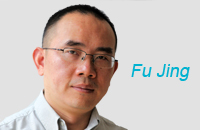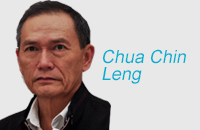Japan still haunted by idea of militarism
By Tom Clifford (China Daily) Updated: 2012-12-20 08:06A new day is dawning in Japanese politics, or so its next prime minister, the nationalist Shinzo Abe, whose grandfather-in-law served in the Hideki Tojo war cabinet, would have us believe.
The trouble is that a new day for Abe will break with a rising sun. The timing is profound, as if history was mocking us. As China marked the 75th anniversary of the Nanjing Massacre, Japan re-elected as its prime minister the grandson of an official at the heart of the war machine.
Abe's grandfather-in-law, Nobusuke Kishi, was jailed after the war as a suspected war criminal but went on to become prime minister - as if Albert Speer had become a postwar West German chancellor. For all but less than four years of the last 60 years Japan has been governed by the Liberal Democratic Party.
A group of right-wing parties came together to consolidate their voter base after the initial liberalism of US occupation gave way to a more rigid approach following the Korean War (1950-53). The Japanese refer to this as the "Reverse Course".
The traditionalists that the United States had originally shunned in Japan were now back in favor.
Japan prides itself on its sense of history. But the lessons of its past remain fundamentally unabsorbed. The failure to apologize for atrocities, especially but not just Nanjing, means relations between it and its neighbors are stunted by the toxic waste of residual arrogance.
Japan has pretended for 22 years that its moribund economy, tarnished democracy and sense of drift were manageable. The people were told what Europe is being told now; that with the application of painful remedies, the country will again have a future to inspire it and a present to be proud of.












